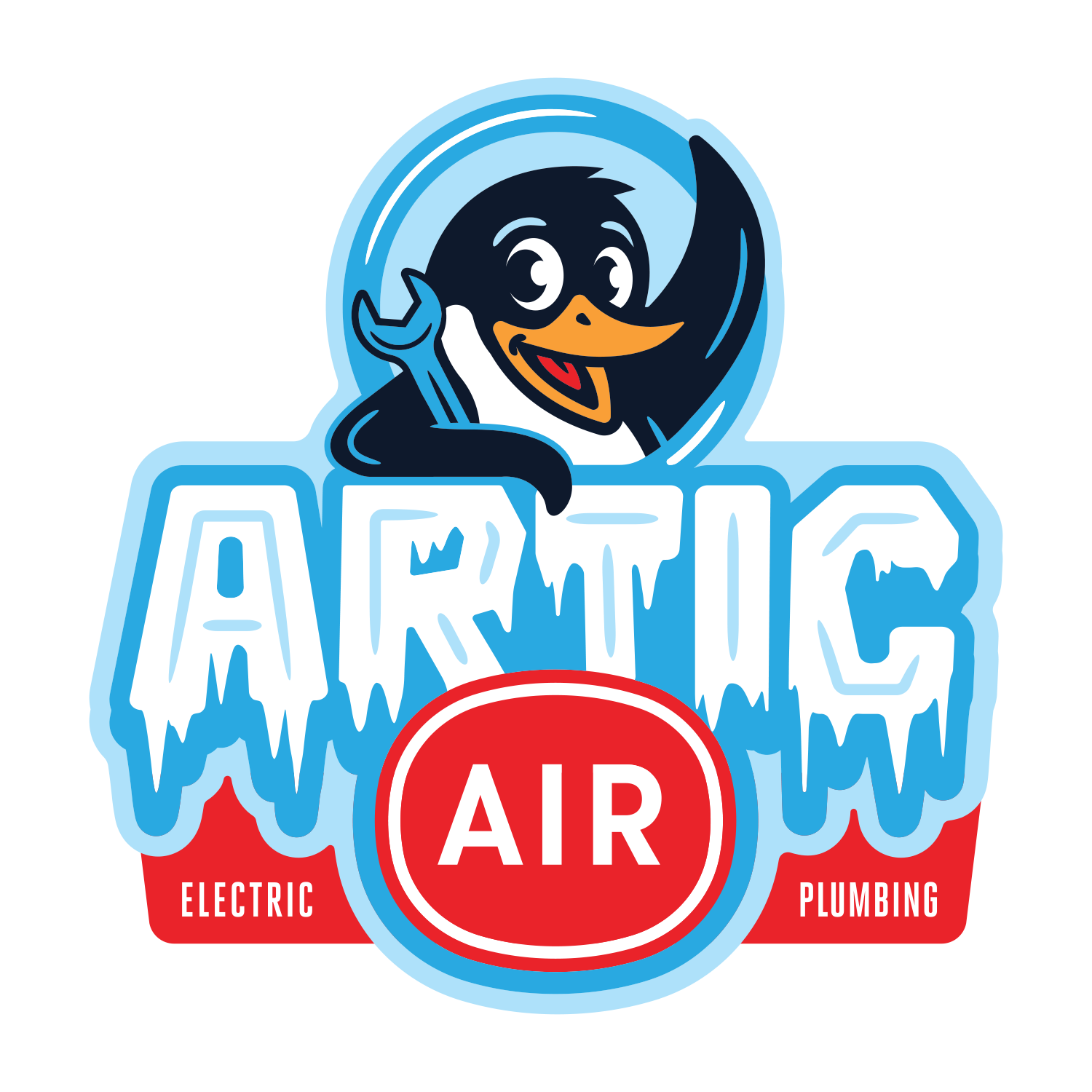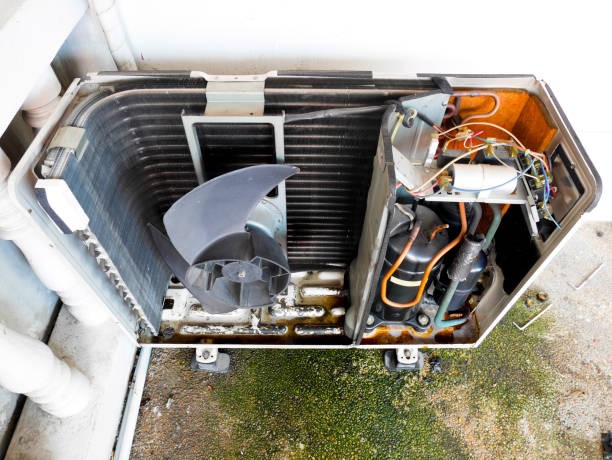When it comes to heating and cooling your home, the type of ductwork you have can play a significant role in your energy bills. While it’s easy to focus on the HVAC unit itself, the ductwork that distributes conditioned air throughout your home is equally important. Let’s explore how different types of ductwork can impact your energy efficiency and, ultimately, your energy bills.
Types of Ductwork and Their Impact:
- Flexible Ductwork:
Pros: Flexible ductwork is easy to install and ideal for tight spaces. It is also generally less expensive than rigid ductwork.
Cons: However, it is prone to kinks and bends, which can restrict airflow and reduce efficiency. If not installed properly, it can also develop leaks that lead to energy loss.
- Sheet Metal Ductwork:
Pros: Sheet metal ductwork is durable, non-porous, and resistant to mold growth. It provides smooth, unobstructed airflow and is less likely to develop leaks compared to flexible ductwork.
Cons: It can be more expensive and harder to install, especially in existing homes with limited space for retrofitting.
- Fiberglass Lined Ductwork:
Pros: This type of ductwork helps in soundproofing and insulation, reducing noise and improving temperature control.
Cons: Over time, the fiberglass lining can deteriorate, leading to potential air quality issues and energy inefficiency due to particles entering the airflow.
- Fiberboard Ductwork:
Pros: Fiberboard ductwork is insulated and helps in noise reduction. It is also more affordable and easier to install.
Cons: It is less durable than sheet metal and can be susceptible to mold growth if exposed to moisture, which can compromise air quality and energy efficiency.
Impact on Energy Bills:
- Air Leakage:
The type of ductwork you choose can significantly affect the amount of air leakage in your system. Leaks in ductwork can cause conditioned air to escape before it reaches the living spaces, leading to higher energy consumption as your HVAC system works harder to maintain the desired temperature.
- Insulation and Efficiency:
Properly insulated ductwork helps maintain the temperature of the air as it travels through the system, reducing energy loss. Insulated ducts, such as those made from fiberboard or lined with fiberglass, can help lower energy bills by improving the efficiency of your HVAC system.
- Airflow and Distribution:
The material and design of your ductwork can impact airflow and distribution. Smooth, rigid ductwork like sheet metal allows for better airflow, reducing the strain on your HVAC system and improving energy efficiency. In contrast, flexible ductwork can impede airflow if not installed correctly, leading to higher energy costs.
- Maintenance and Durability:
Different types of ductwork require varying levels of maintenance. For instance, flexible ductwork may need more frequent inspections to ensure it is free of kinks and leaks. More durable options like sheet metal ductwork, while requiring less frequent maintenance, need to be checked for corrosion and proper sealing.
Tips for Improving Ductwork Efficiency:
- Regular Inspections:
Schedule regular inspections to check for leaks, kinks, and blockages in your ductwork. Identifying and repairing issues early can prevent energy loss and improve efficiency.
- Proper Sealing:
Ensure all joints and connections in your ductwork are properly sealed. Use mastic sealant or metal tape to fix any leaks and prevent air loss.
- Insulation:
Insulate your ductwork, especially in unconditioned spaces like attics and basements, to maintain the temperature of the air as it travels through the system.
- Professional Installation:
Have your ductwork installed by a professional HVAC technician to ensure it is designed and installed correctly. Proper installation can significantly impact the efficiency and longevity of your system.
The type of ductwork in your home plays a crucial role in your HVAC system’s efficiency and your energy bills. By choosing the right type of ductwork and maintaining it properly, you can improve airflow, reduce energy loss, and enjoy lower energy costs. If you’re unsure about the condition of your ductwork or considering an upgrade, contact Artic Air for expert advice and services tailored to your needs.

